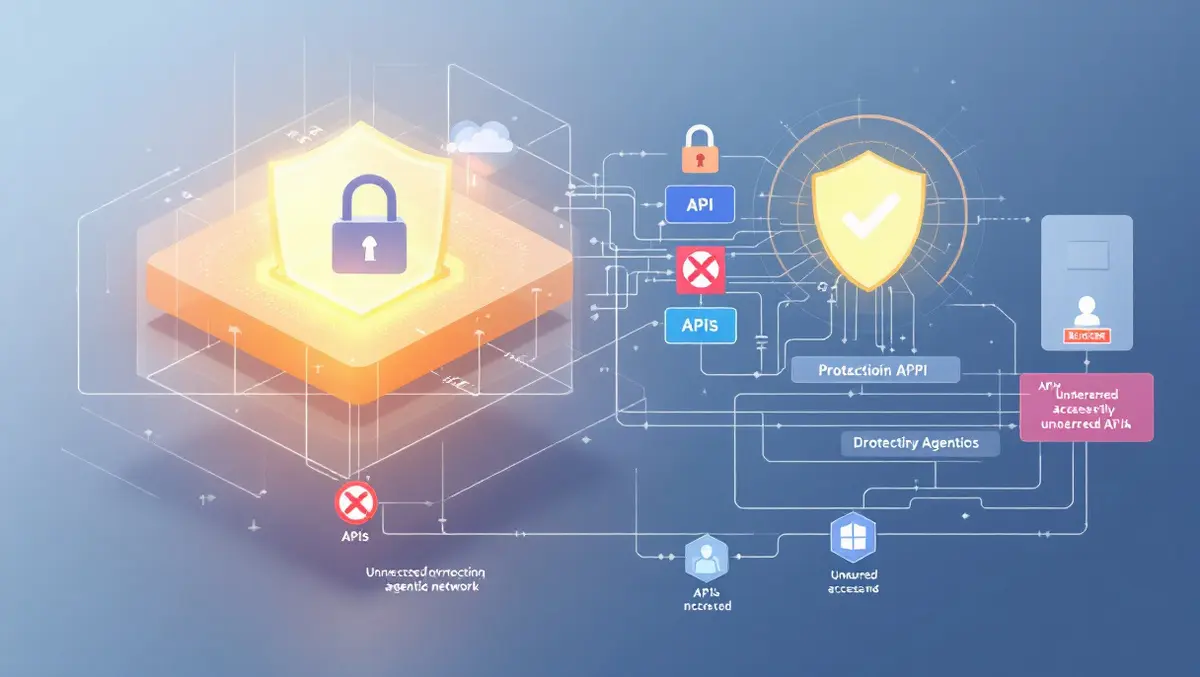
Cequence enhances platform to protect agentic AI interactions
Cequence Security has announced a series of updates to its Unified API Protection (UAP) platform designed to secure agentic AI interactions and prevent unauthorised access to sensitive data.
Agentic AI, which enables technology to act independently and make autonomous decisions, is experiencing swift growth across industries. This development introduces new security challenges, particularly as these AI-driven systems interact with organisational APIs and data stores, risking exposure to sensitive information and regulatory non-compliance.
Cequence Security's latest enhancements to its UAP platform aim to address these risks with what it describes as a comprehensive security layer for agentic AI development, usage, and connectivity. This new layer permits organisations to govern all AI agent interactions, regardless of framework or deployment model. The company states that these guardrails are capable of protecting both enterprise-hosted AI applications and external AI APIs.
One core feature of the update is the ability to detect and prevent data harvesting by AI bots, including those from well-known providers such as OpenAI's ChatGPT and Perplexity. The platform uses telemetry collected from Global 2000 deployments, revealing that almost 88% of AI-related bot traffic originates from large language model infrastructures. Most of these requests are disguised behind generic or otherwise unidentifiable user agents, with fewer than 4% transparently attributed to recognised bots such as GPTBot or Gemini.
The platform's enhanced detection capabilities provide real-time visibility and control over this traffic, even when clear identifiers are absent. This allows organisations to manage which external AI agents, if any, are permitted to interact with their proprietary information.
Other important improvements include automated tools for discovering and classifying APIs associated with agentic AI, such as Microsoft Copilot and Salesforce Agentforce. These tools integrate findings alongside customers' internal and third-party APIs, giving a single unified view for oversight and management. This provides organisations with the ability to detect and block data leaks, whether from external AI attempting to harvest data or from improper use by internal applications.
The updated UAP platform also strengthens defences against the exposure of sensitive information. It is designed to distinguish between legitimate application data access and anomalous activity that could signal attempted exfiltration. This distinction is made using intelligent analysis applied to all forms of agentic AI traffic.
Seamless integration with DevOps frameworks is a further feature, aiming to reduce operational complexity. The platform can automatically generate OpenAPI specifications that describe API schemas and defined security policies, allowing security mechanisms to be documented and enforced with minimal intervention. According to Cequence Security, the new tools operate independently of third-party components and are designed to simplify management by integrating into existing cybersecurity deployments.
Gartner predicts that by 2028, 33% of enterprise software applications will incorporate agentic AI, up from less than 1% in 2024, and that 15% of day-to-day work decisions will be made autonomously.
Ameya Talwalkar, Chief Executive Officer of Cequence Security, commented, "We've taken immediate action to extend our market-leading API security and bot management capabilities. Agentic AI introduces a new layer of complexity, where every agent behaves like a bidirectional API. That's our wheelhouse. Our platform helps organisations embrace innovation at scale without sacrificing governance, compliance, or control."
The new functionalities are scheduled to become generally available in June.


